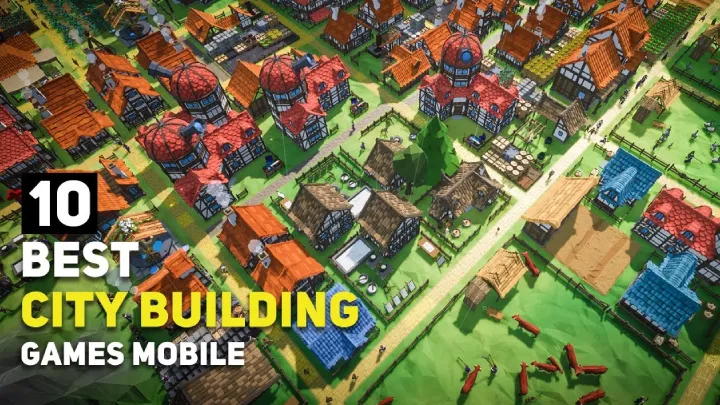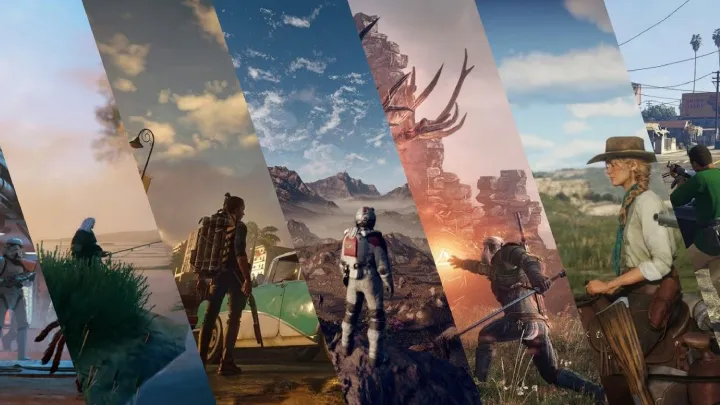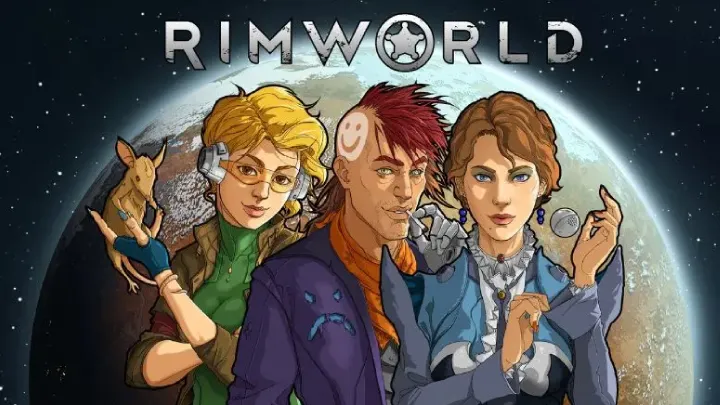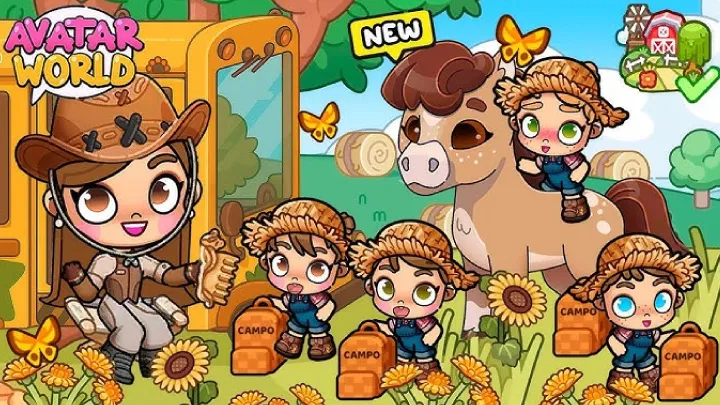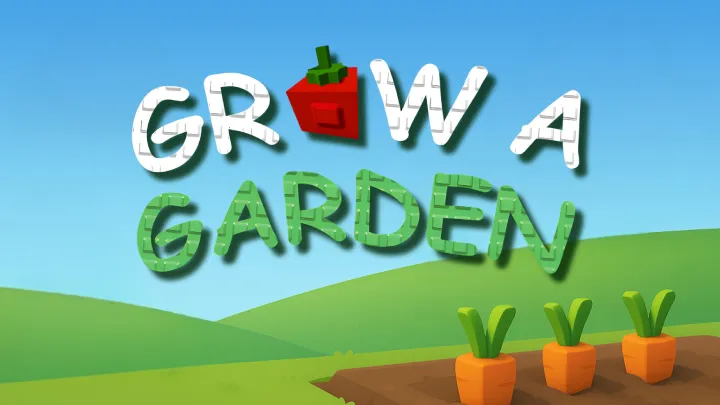Introduction
The year 2025 has marked a turning point in the world of educational technology, especially in the realm of language learning. With globalization continuing to shape communication, culture, and commerce, the need for advanced language learning tools is stronger than ever. While traditional methods such as classroom instruction and textbooks remain relevant, digital applications have become essential companions for students, professionals, and travelers alike. The latest generation of apps is not just focused on memorization or grammar drills but on creating immersive, interactive, and AI-powered learning experiences.
In this news feature, we explore the top three new apps of 2025 that are revolutionizing how people learn foreign languages. Each app brings fresh innovation, combining artificial intelligence, real-time communication tools, and personalized learning methods to ensure that users are not only learning smarter but also faster. These platforms are designed with inclusivity in mind, ensuring that learners of all ages, backgrounds, and goals can access resources tailored to their unique needs. Let us dive deeper into the details of these breakthrough apps and examine how they are changing the future of language learning.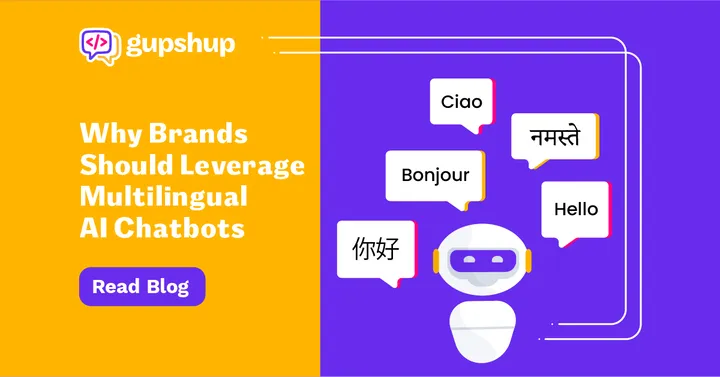
1. PolyLingua AI
PolyLingua AI has quickly become one of the most talked-about apps of 2025. Developed by a global team of linguists and artificial intelligence engineers, PolyLingua takes language learning to a whole new level by combining real-time AI translation, natural conversation simulations, and adaptive feedback.
Unlike traditional apps, PolyLingua AI allows users to speak into their device and receive instant corrections not just on grammar but also on pronunciation, tone, and cultural appropriateness. This is a groundbreaking feature for learners preparing to communicate in professional or academic settings where accuracy matters.
PolyLingua AI also introduces an interactive feature called “Language Zones.” Through this, users can virtually immerse themselves in simulated environments such as restaurants, airports, business meetings, or tourist attractions. Within these zones, the AI acts as different characters, giving users the chance to role-play conversations in realistic contexts. This innovation reduces the anxiety often associated with speaking a new language in real life.
Key Strengths of PolyLingua AI
One of the major strengths of PolyLingua AI is its focus on emotional intelligence. The AI does not simply correct mistakes but explains why a certain phrase might be inappropriate in specific contexts. For example, it highlights differences between formal and informal speech, ensuring that learners can adapt based on audience and situation.
Additionally, the app’s integration with wearable devices such as smart glasses enables a new level of immersion. Imagine walking through your neighborhood while your glasses translate street signs, menus, and conversations around you, turning everyday life into a classroom. PolyLingua AI has made that futuristic vision a reality in 2025.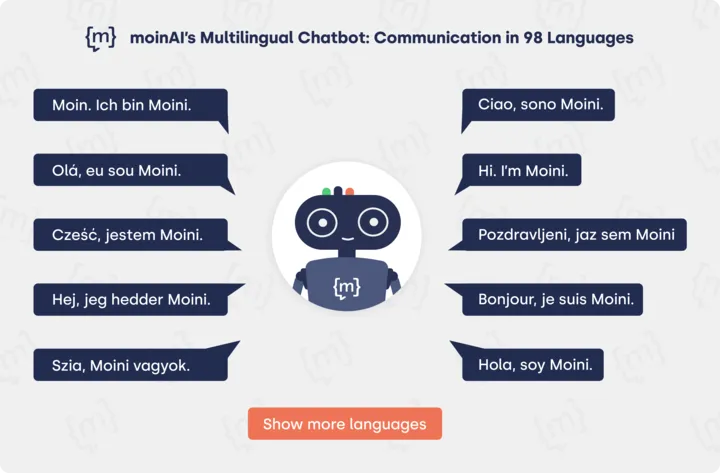
2. LinguaSphere 2025
LinguaSphere 2025 is another standout in the world of language education apps. Unlike PolyLingua’s emphasis on AI-driven immersion, LinguaSphere focuses on creating a global community of learners and native speakers. Its core concept is simple yet powerful: learning languages through real people.
At its heart, LinguaSphere offers a platform where learners can connect with native speakers of their target language for live conversations. The app includes a built-in translation and moderation system to ensure smooth communication, making it possible even for beginners to engage in meaningful dialogue without fear of misunderstanding.
What makes LinguaSphere unique in 2025 is its gamified community-building approach. Users earn “Cultural Points” by not only learning but also teaching others about their own language and traditions. This reciprocal exchange makes the app feel more like a global cultural hub than a classroom. By focusing on human interaction, LinguaSphere bridges the gap between textbook knowledge and practical fluency.
Innovations in LinguaSphere 2025
The app introduces a new AI “Conversation Coach” that listens to real-time chats and provides subtle suggestions without interrupting. For example, if a learner struggles with verb tense or pronunciation, the coach will send a private note with corrections, allowing the conversation to continue naturally.
LinguaSphere also emphasizes inclusivity by offering sign language learning modules. In 2025, this marks one of the first major efforts by a mainstream language app to bring sign languages into the spotlight, acknowledging their global importance.
This app has gained popularity among universities and study-abroad programs, as it provides a structured yet dynamic way for students to prepare for international experiences. By fostering real relationships between learners and native speakers, LinguaSphere creates motivation that goes beyond completing lessons.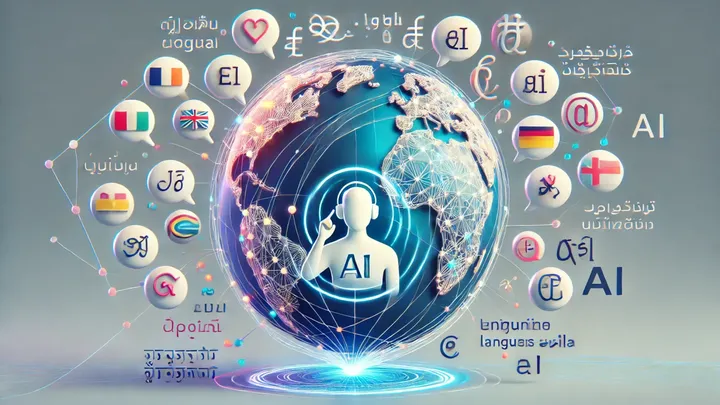
3. VerboQuest XR
VerboQuest XR is perhaps the most futuristic of the three apps. While PolyLingua focuses on AI immersion and LinguaSphere emphasizes human connections, VerboQuest XR introduces extended reality (XR) into language learning. This means learners can step into virtual and augmented reality environments that recreate real-life scenarios.
Using VR headsets or AR-compatible devices, learners can navigate through a virtual Paris café, a Tokyo subway, or a business conference in Berlin while interacting with AI-driven characters. These characters respond dynamically, adjusting their level of speech based on the learner’s proficiency. It is essentially a video game combined with a language tutor.
The app is especially popular among younger learners who are already familiar with gaming culture. By transforming language practice into an adventure filled with quests, rewards, and interactive storytelling, VerboQuest XR keeps motivation levels high. For example, a quest might involve ordering food correctly at a restaurant or negotiating a hotel booking in the target language.
Why VerboQuest XR Stands Out
What makes VerboQuest XR revolutionary in 2025 is its integration of cultural experiences. Beyond language, the app exposes users to music, traditions, and history as part of the quests. This holistic approach ensures that learners do not just memorize words but also understand the cultural context in which they are used.
The app also supports collaborative multiplayer sessions, where friends or classmates can join the same virtual world to complete tasks together. This feature makes it ideal for schools and language learning groups. Teachers can even create custom VR scenarios tailored to their curriculum, turning lessons into fully immersive experiences.
VerboQuest XR demonstrates how entertainment and education can merge seamlessly, making it clear why many experts call it the “future of edutainment.”
Broader Implications for Language Learning in 2025
The rise of apps like PolyLingua AI, LinguaSphere 2025, and VerboQuest XR demonstrates how far language education has come. No longer limited to rote memorization or static lessons, today’s learners can engage in experiences that feel authentic, interactive, and emotionally engaging.
The integration of AI, global connectivity, and extended reality into language learning also raises important questions about accessibility and equity. While these apps represent the cutting edge, it is crucial to ensure that they are affordable and available worldwide. Developers are increasingly aware of this, offering tiered pricing models and partnerships with educational institutions to broaden access.
Another implication is the redefinition of what it means to be fluent. In 2025, fluency is no longer just about grammar or vocabulary. It is about cultural awareness, confidence in real-life scenarios, and the ability to adapt language to different contexts. These apps are leading the way in redefining fluency for the modern world.
Conclusion
The year 2025 has ushered in a new era of foreign language learning. With apps like PolyLingua AI, LinguaSphere 2025, and VerboQuest XR, learners now have access to tools that are immersive, community-driven, and technologically advanced. These platforms are not just teaching languages but reshaping how we connect with cultures and people across the globe.
For students preparing for international studies, professionals working in multicultural environments, or travelers eager to explore the world, these apps represent powerful allies. They embody the future of education: personalized, interactive, and deeply engaging. As technology continues to evolve, one thing is certain—the journey of learning a new language in 2025 is more exciting and accessible than ever before.










